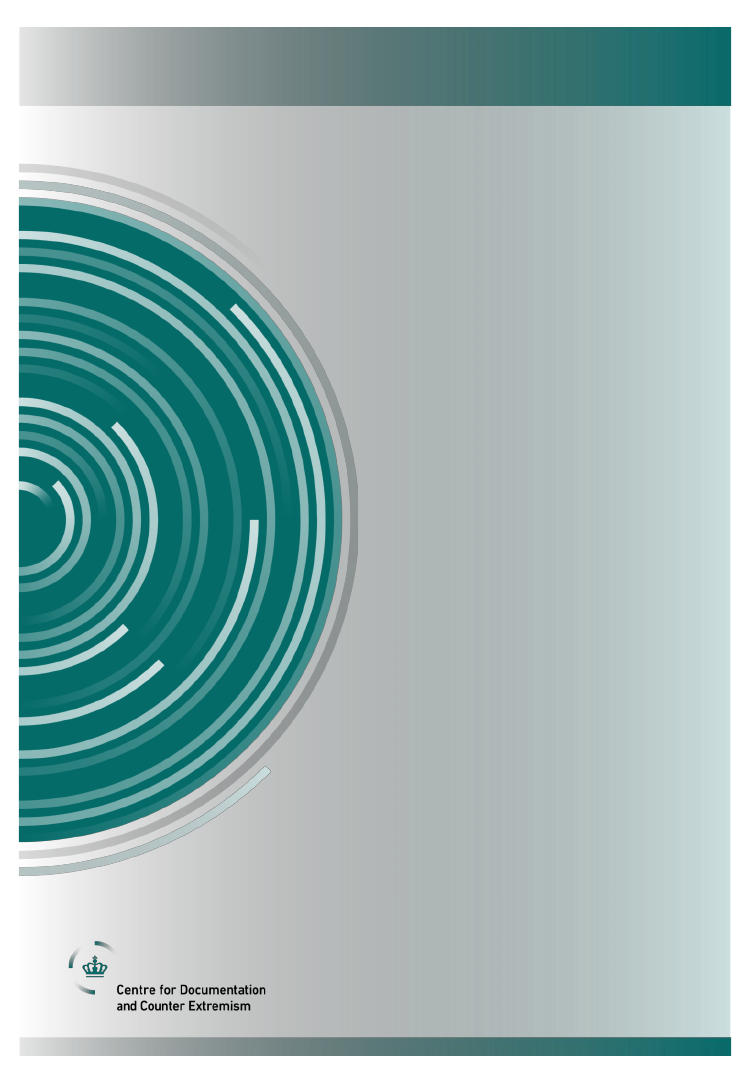
COUNTRY OF ORIGION INFORMATION (COI)
FFM REPORT
Udlændinge- og Integrationsudvalget 2023-24
UUI Alm.del - Bilag 21
Offentligt
October 2023
Türkiye
Syrians in Türkiye – the Tempo-
rary Protection Regulation and
its implementation
us.dk